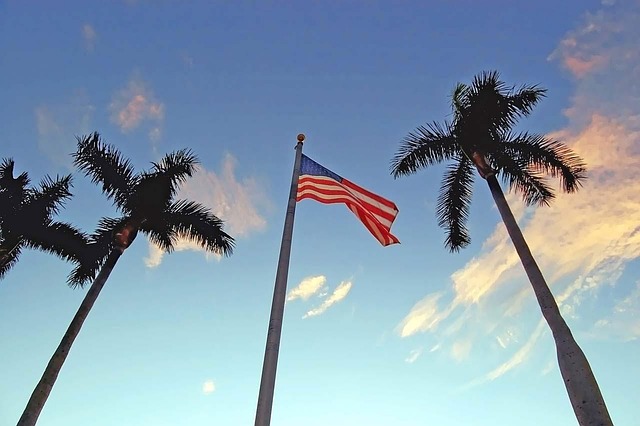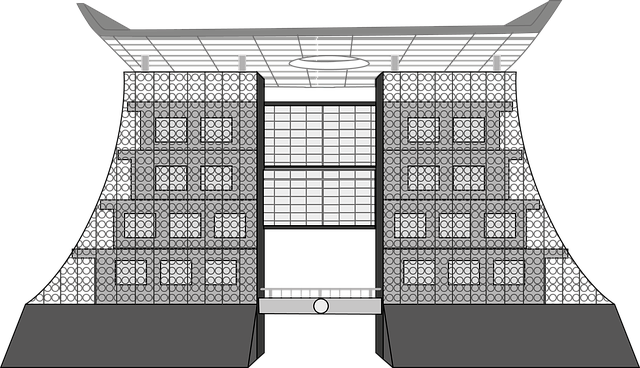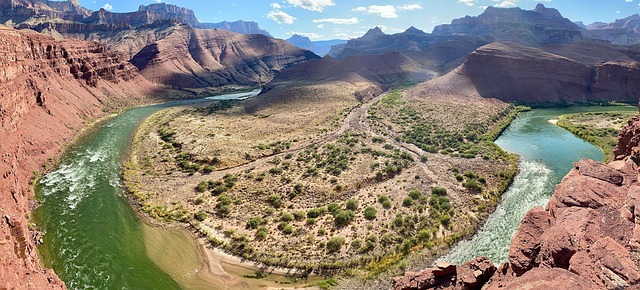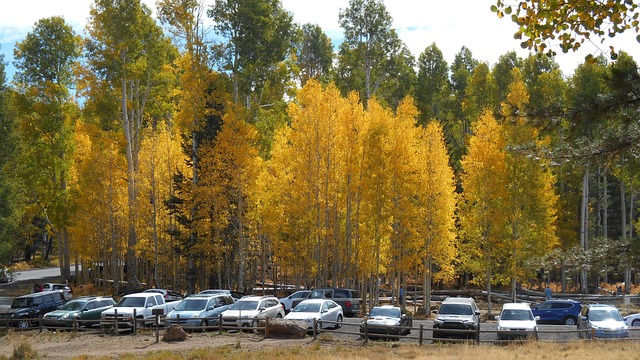Real estate developers can maximize property value by creating all-season outdoor spaces with versatile features like sunrooms, green landscapes, strategic pathways, and shade structures. These designs cater to year-round living, attracting eco-conscious buyers who value connectivity with nature. Sustainable landscaping practices, including native plants and renewable energy, differentiate properties in a competitive market while promoting mental health, physical activity, and environmental awareness.
Discover how real estate developers can transform properties into outdoor wonderlands thriving with life all year round. From design and planning tips to the allure of nature-inspired landscapes, this article explores strategies for creating spaces that attract buyers and elevate community well-being. Learn about sustainable landscaping practices that offer eco-friendly solutions for year-round appeal in real estate.
Creating All-Season Outdoor Spaces: Design and Planning Tips for Real Estate Developers
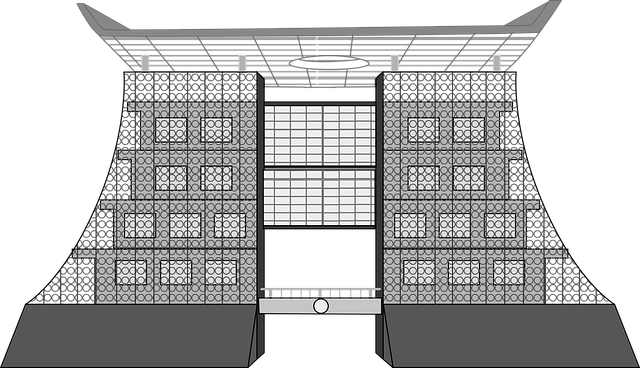
Creating all-season outdoor spaces is a strategic move for real estate developers, offering year-round appeal and enhanced property values. To achieve this, careful design and planning are essential. Incorporate versatile features that accommodate various weather conditions and user preferences. Think beyond traditional outdoor living areas; integrate indoor elements like sunrooms or glass walls to extend the livable space. Greenery plays a vital role in making these areas inviting; consider year-round plants, evergreen trees, and flower beds that bloom in different seasons.
Smart landscaping design can create microclimates, providing shelter from harsh weather. Pathways, patios, and pergolas strategically placed can offer protection while allowing for maximum natural light and ventilation. Developers should also think about accessibility and comfort, ensuring adequate seating areas, shade structures, and outdoor lighting. By combining these elements, real estate developers can craft outdoor spaces that are as functional and enjoyable in winter as they are in summer, attracting a broader range of potential buyers and tenants.
The Benefits of Nature-Inspired Landscapes: Attracting Buyers and Enhancing Community Well-being

Incorporating nature-inspired landscapes into real estate developments is a trend that’s gaining traction, and for good reason. These outdoor spaces offer more than just aesthetic appeal; they provide tangible benefits for both buyers and the wider community. By creating green oases within urban settings, real estate projects can attract a diverse range of potential purchasers who value connectivity with nature. This is particularly appealing to younger generations and families seeking healthier, more sustainable living environments.
Beyond attracting buyers, these landscapes contribute significantly to community well-being. Research shows that access to natural spaces improves mental health, reduces stress, and fosters a sense of belonging. They encourage residents to engage in physical activity, promote environmental awareness, and provide opportunities for social interaction. Ultimately, nature-inspired landscapes enhance the overall quality of life within a community, making them a valuable asset in the ever-evolving real estate market.
Sustainable Practices in Landscaping: Eco-Friendly Solutions for Year-Round Appeal in Real Estate
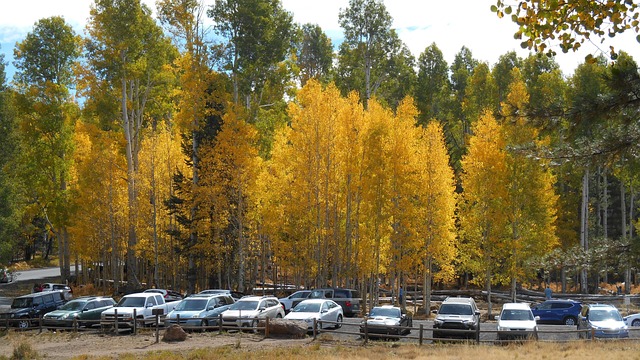
In today’s real estate market, sustainable landscaping practices are no longer a nicety but a necessity for appealing to eco-conscious buyers. By integrating eco-friendly solutions, developers and homeowners can create outdoor spaces that thrive year-round while minimizing environmental impact. This approach involves selecting native plant species adapted to local climates, reducing water usage through efficient irrigation systems, and utilizing compost and organic matter to enhance soil health.
Additionally, incorporating renewable energy sources for lighting and employing permeable materials for driveways and paths helps mitigate stormwater runoff. These strategies not only contribute to a more robust environment but also offer year-round aesthetic appeal. In the real estate sector, where first impressions are crucial, sustainable landscaping can set properties apart, attracting buyers who value harmony between home and nature.
